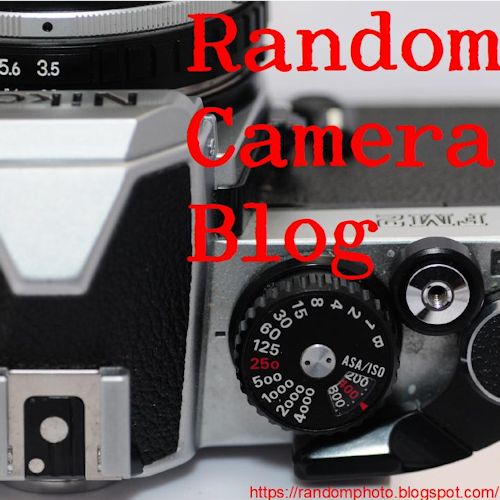I have been busy getting things together for a new photo exhibit from people in the Ann Arbor Area Crappy Camera Club. Small Plates is all about the small image, and my explanation of the show follows:
Throughout
the history of photography, the small image has usually had a personal
connection. Examples would be a Daguerreotype photo in a locket, small tintypes
made by street photographers, or cartes de visité made in a studio. When the Kodak Brownie and
its descendants became popular and put a camera into the hands of nearly
everyone, the resulting many millions of snapshots were the typical size of 4x6
inches or less. In fact, the bulk of photographs from the 1920s onward are
likely to be snapshots in the form of contact prints or small
enlargements.
Today,
people take and show digital photographs on hand-held devices, and often never
look at images larger than their cell phone screen. Millions of digital images
are shared online every minute, often viewed at about the size of snapshots
stored in family photo albums. Small images are meant to be viewed no farther
away than arm’s length. This is a much more personal experience than large
gallery images.
It
is in this spirit of the intimacy of the small print that Small Plates is being
presented. The Ann Arbor Area Crappy
Camera Club (A3C3) is a film-based group of photographers, and all the
images presented in this show were produced by film cameras of various types
from a 110 Instamatic to 4x5 view cameras. Many are Polaroids, which are
as unique as Daguerreotypes or tintypes. Some images are contact prints, and
some are only slightly enlarged. All are meant to be viewed
close-up.
Unlike
their ephemeral digital counterparts, these images have solidity and are
self-contained exhibits. Although the equipment and processes have changed
greatly over the history of photography, it is interesting that our basic
relationship to the image has not.
Six
examples of vintage photographs are included that demonstrate the different
eras of photography and the different processes in vogue at the time.
I enjoy curating an exhibit, and though I did not produce any new work specifically for the show, it did prod others into doing so, and as a result, I think it will be quite enjoyable for the viewers. If you miss the opening, the Argus Museum is open M-F from 9-5.


No comments:
Post a Comment